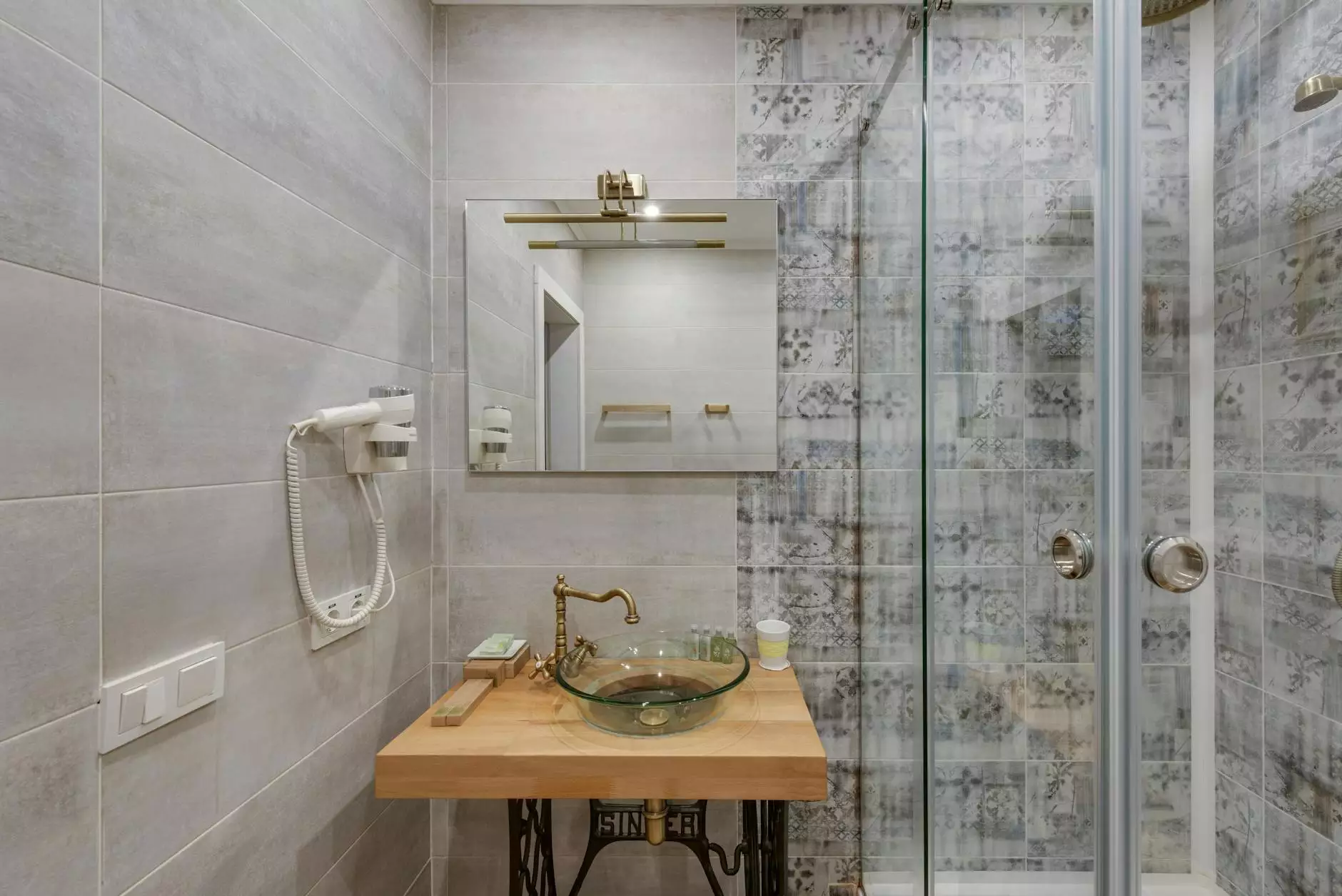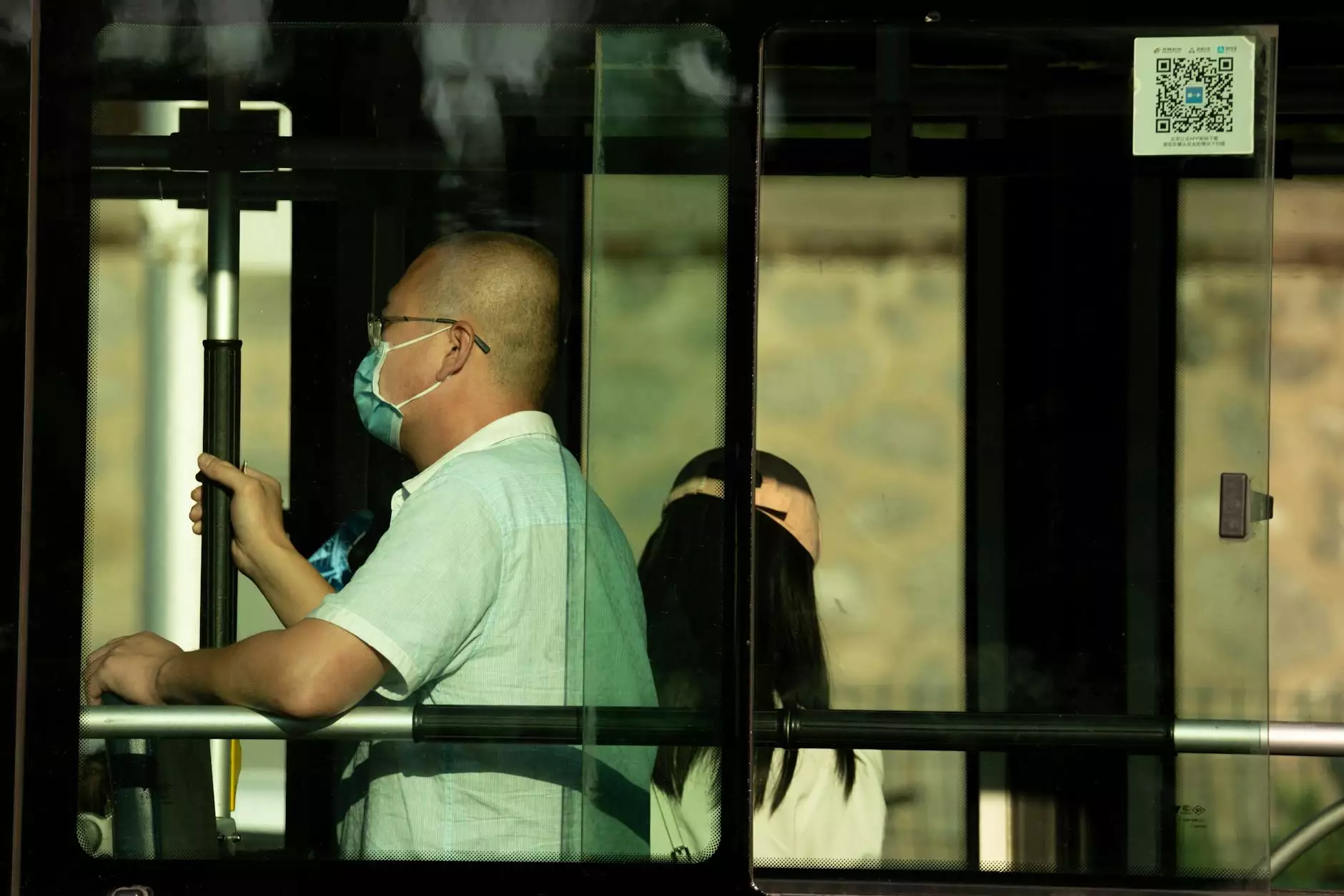The Essential Guide to Basement Waterproofing in Washington

Water accumulation in basements can lead to significant structural damage and health challenges. Moisture issues are prevalent in many areas, and Washington is no exception. Understanding how to effectively manage water infiltration is crucial for homeowners in this region. This comprehensive guide to basement waterproofing Washington will explore the causes of basement moisture, various waterproofing methods, and tips for homeowners looking to maintain a dry, safe basement.
Understanding the Importance of Basement Waterproofing
When it comes to protecting your home, basement waterproofing should be a top priority. Here are some reasons why:
- Structural Integrity: Water can weaken basement walls and foundations, leading to costly repairs.
- Mold Prevention: Excess moisture creates an ideal environment for mold growth, which can affect indoor air quality.
- Home Value: A waterproofed basement can enhance your property's value and appeal to potential buyers.
Common Causes of Basement Moisture in Washington
In order to effectively waterproof a basement, it's important to understand the various factors that contribute to moisture problems. Here’s a breakdown of the most common causes:
1. Groundwater Seepage
Washington's diverse climate often leads to heavy rainfall, resulting in groundwater that can seep into basements through cracks in the foundation. Establishing a reliable drainage system is essential for managing this issue.
2. Poor Grading and Drainage
Homeowners often overlook the importance of proper grading around their properties. If the ground slopes towards the house, it can direct water towards the foundation, increasing the risk of moisture intrusion.
3. Plumbing Leaks
Leaky pipes can introduce moisture into your basement without any visible signs. Regular inspections of plumbing systems can help identify leaks before they become a serious issue.
4. High Humidity Levels
Washington's humid climate can lead to elevated moisture levels in the air, which can condense and contribute to dampness in basements. Dehumidifiers and proper ventilation can help combat this.
Basement Waterproofing Methods
Effective basement waterproofing involves a combination of techniques to mitigate moisture issues. Here’s a look at the most common methods used by professionals:
1. Interior Waterproofing Solutions
Interior waterproofing focuses on preventing water from entering the basement. Common methods include:
- Sealants: Applying a waterproof sealant to basement walls and floors can help prevent moisture seepage.
- Interior Drains: Installing a drainage system (like a French drain) can help collect and redirect water away from the basement.
- Dehumidification: Using dehumidifiers can reduce humidity and prevent condensation.
2. Exterior Waterproofing Solutions
Exterior waterproofing is often more effective as it addresses potential water sources before they reach the basement. Key methods include:
- Excavation: This involves digging around the foundation and applying a waterproof membrane to protect against water.
- Drainage Systems: Installing exterior drains that lead water away from the foundation can significantly reduce moisture levels.
- Proper Grading: Ensuring that the landscape slopes away from the house can prevent water pooling around the foundation.
3. Sump Pump Installation
A sump pump can be a critical component of an effective waterproofing system. Located in a sump pit, it activates when water levels rise, pumping excess water out of the basement and away from the foundation.
Choosing a Professional for Basement Waterproofing
When it comes to basement waterproofing Washington, hiring a qualified professional can make a significant difference. Here’s how to choose the right contractor:
- Experience and Reputation: Look for contractors with proven experience in waterproofing basements in Washington. Check reviews and ask for references.
- Free Estimates: A reputable contractor should provide free inspections and estimates to help you understand the scope of work and cost involved.
- Warranty: Choose a company that offers warranties on their work and products. This provides peace of mind for your investment.
DIY vs. Professional Waterproofing: Pros and Cons
Many homeowners wonder if they should attempt DIY waterproofing or hire a professional. Here’s a closer look at the pros and cons of each approach:
DIY Waterproofing
Pros:
- Lower Costs: DIY methods can save you money on labor.
- Control: You can manage the process yourself and use your preferred materials.
Cons:
- Knowledge Gaps: Lack of expertise may lead to inadequate solutions.
- Time-Consuming: DIY projects can take longer than anticipated, leading to frustration.
Professional Waterproofing
Pros:
- Expertise: Professionals have the knowledge and experience to address complex issues.
- Guaranteed Results: Most professionals offer warranties, ensuring long-lasting protection.
Cons:
- Higher Costs: Professional services can be more expensive upfront.
- Less Control: You must rely on the contractor’s judgment and techniques.
Cost of Basement Waterproofing in Washington
The cost of basement waterproofing Washington can vary widely based on factors such as:
- Extent of Moisture Issues: More severe problems will require more extensive solutions.
- Size of the Basement: Larger basements will typically incur higher costs due to more materials and labor.
- Selection of Materials: The choice between DIY materials and professional-grade materials can impact overall costs.
On average, homeowners can expect to pay anywhere from $1,500 to $10,000 for comprehensive waterproofing services. It’s essential to get multiple estimates to ensure you receive the best value for your investment.
Maintaining a Dry Basement Post-Waterproofing
Once your basement is waterproofed, it’s crucial to maintain it to prevent future moisture issues. Here are some tips:
- Regular Inspections: Conduct seasonal inspections of your waterproofing system to catch any issues early.
- Maintain Gutters and Downspouts: Ensure they are clear and directed away from the foundation to avoid water pooling.
- Monitor Humidity Levels: Use a hygrometer to keep an eye on humidity levels in your basement, aiming for below 60%.
Conclusion
In conclusion, basement waterproofing Washington is an essential aspect of home maintenance that protects your investment, health, and comfort. Understanding the causes of basement moisture, the methods available, and the importance of choosing qualified professionals can help you make informed decisions. By taking proactive steps and maintaining your waterproofing system, you can ensure your basement remains dry and safe for years to come.
For expert assistance and comprehensive basement waterproofing services, visit dmvwp.com. Protect your home and enjoy peace of mind knowing that your basement is safeguarded against moisture and flooding.









